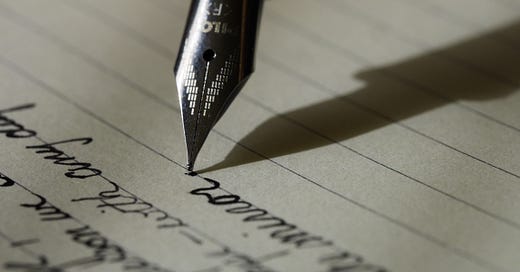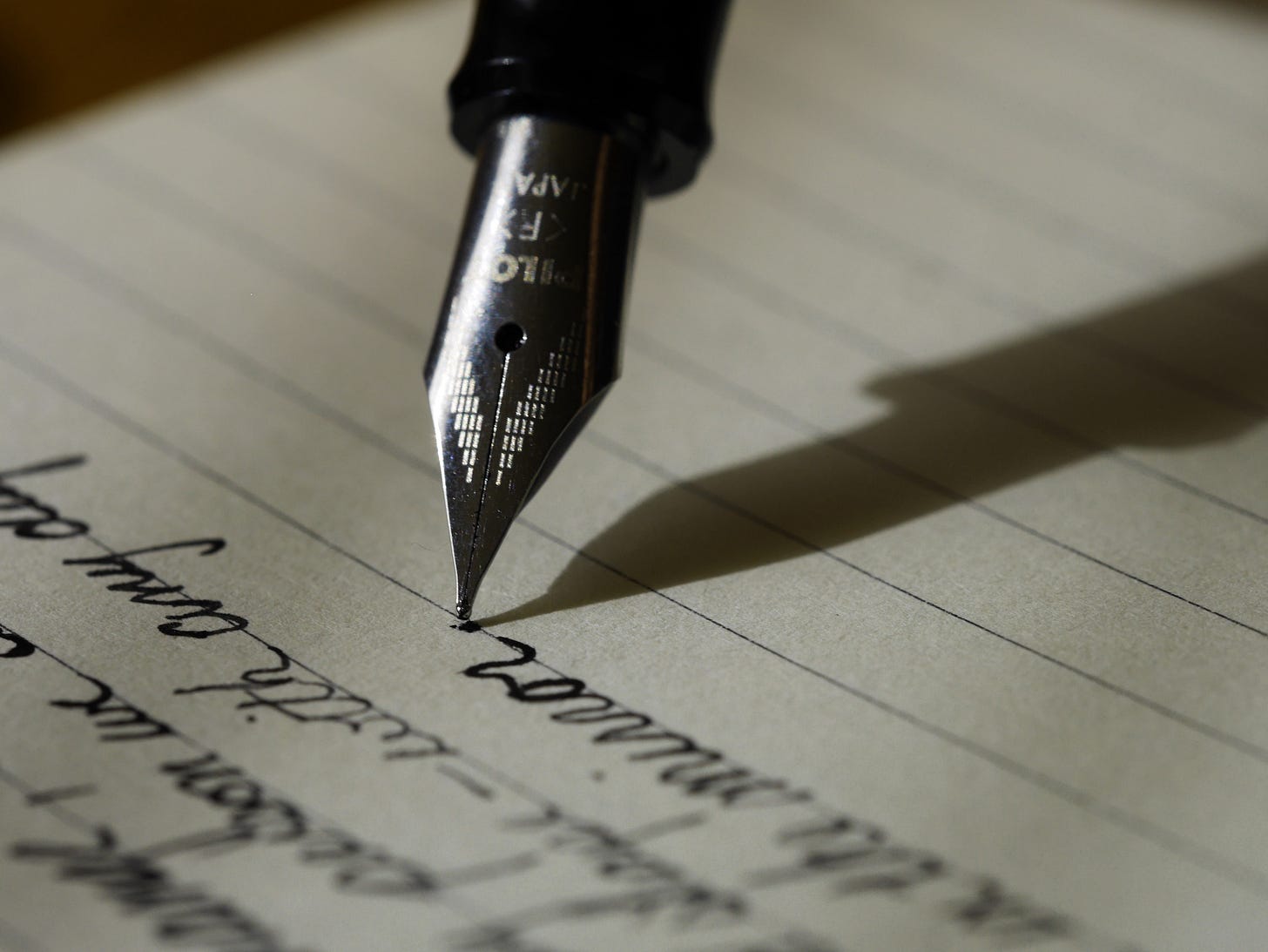Whackadoodle Definitions: Dysgraphia, dyscalculia, and dyslexia.
A brief discussion with my Whackadoodle student about why I'll never find all my typos without help; along with a special reminder as to why my readers might forgive my missed words and misspellings.
“For a writer,” she informed me. “You sure leave a lot of typos in your articles.”
I gritted my teeth to answer, “I am a good writer, and an excellent editor; but I will never be a good proofreader.”
“Why’s that?” she asked confused. “I thought you once taught proofreading.”
“I can teach a course on proofreading, no problem. I can teach the tools of proofreading, but I can’t change how my mind works, and my eyes see.”
“What are you talking about?”
“I have dysgraphia,” I told her, and immediately turned to my notes.
“What the heck is that?”
“Well it’s not contagious, so don’t worry,” I informed her quickly. I took a long breath, and tried to explain. “All my life, I’ve never been able to spell. My Mom used to bug me about it, tease me, try to motivate me to try harder. But try as I might, I could never see the typos or spelling mistakes. I’d read right past them, not seeing anything wrong. I can skip entire words, and not see anything missing. My reading cognition was fine, but the thought of entering a spelling bee terrified me. When I was teaching, and couldn’t spell a word on the blackboard, I would just find a synonym that I could spell. It always made my students laugh.”
“But what exactly is dysgraphia?”
“They call it a neurological disorder characterized by writing disabilities, but I have never had a problem with writing. I just can’t spell, and I don’t see typos. Oh, and I can barely read my own handwriting. I’m told that’s another symptom.”
“That sound like dyslexia,” she informed me.
“No, dyslexia has to do with problems identifying speech sounds, and learning how they relate to letters and words. It has to do with how our brains process language, particularly the written word and alphabet. It affects our ability to read and write. I have never had a problem with either. I just can’t spell.”
“I guess you’ve made a study of it,” she teased.
“No, I just know that I can’t spell. I flip words and numbers when I read. I fill in blanks that are not there. I also can’t see my own typos, but it doesn’t mean I’m not smart.”
“I never said that you weren’t smart,” she assured me.
“The teasing we suffer as kids has a long shelf life,” I said wryly. “Of course it could be worse. I might have dyscalculia.”
“What, a fear of Dracula?”
“No, I’ve always love Dracula,” I laughed. “Dyscalculia has the same word root as calculate. Can you guess what it refers to?”
“I’m guessing that it has to deal with how we see math problems.”
“Right as always,” I smiled.
“Do you think I might have dyscalculia?” she asked sounding a bit nervous.
“Why do you ask that?”
“Because I’m so bad at math,” she insisted.
“Before you get too worried, let’s look at the symptoms,” I suggest getting out my phone and typing dyscalculia symptoms. “Okay, here are the symptoms for people your age,” I said after a number of false leads:
difficulty counting backwards
difficulty remembering ‘basic’ facts
slow to perform calculations
weak mental arithmetic skills
a poor sense of numbers & estimation
Difficulty in understanding place value
Addition is often the default operation
High levels of mathematics anxiety
“Does that sound like you?” I asked. “Because it doesn’t sound like you to me. True you hate math, but you can do it when you need to. You understand place value, and calculations. You know how to estimate, and you have no trouble remembering basic facts. I think it’s more likely that you just don’t see the point in learning how to graph y=4x-12.”
“I’ll have to think about it,” she informed me bluntly, focused on the list of symptoms. I somehow had a feeling that she was seeing if she could count backwards without difficulty.
“Okay,” I smiled. “In the meantime, will that excellent brain of yours help me find my typos without bragging about how much smarter you are?”
“Did kids actually do that?”
“What do you think?”





Excellent. I have always been a stellar proofreader but my first rule of proofing is "never proof your own stuff." The writer knows what's supposed to be there, so misses a lot. Reading, writing, and figuring are more complicated brain functions than anyone realizes and I take my hat off to anyone who has difficulties and still keeps on truckin'. BTW, did the WS really say, "For an writer..."? 💖